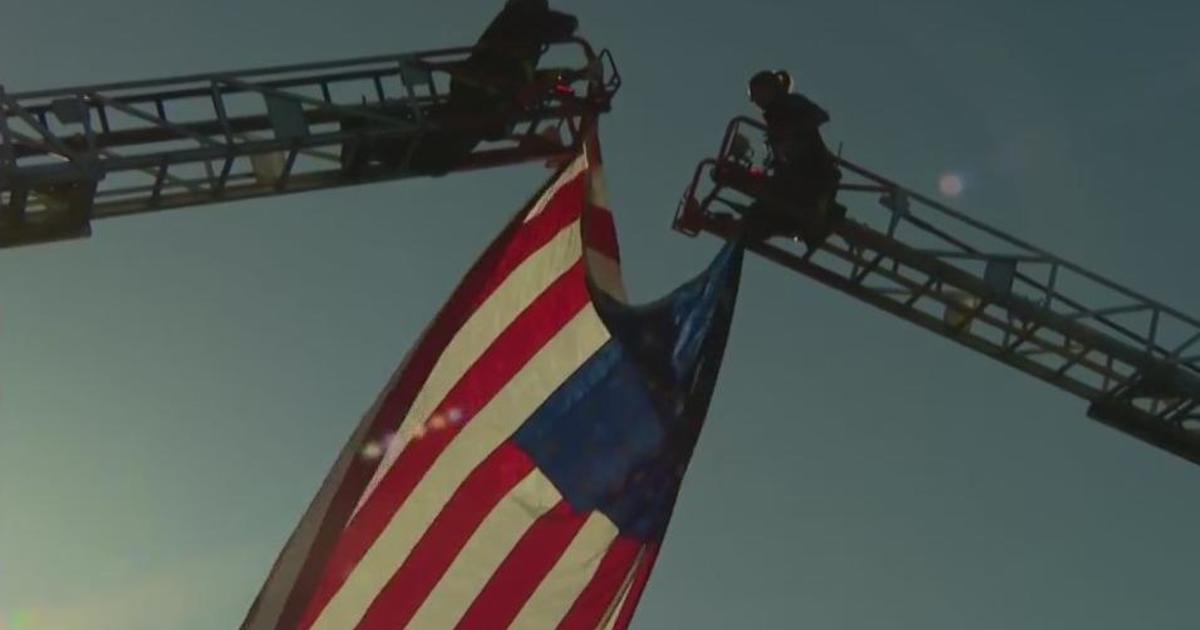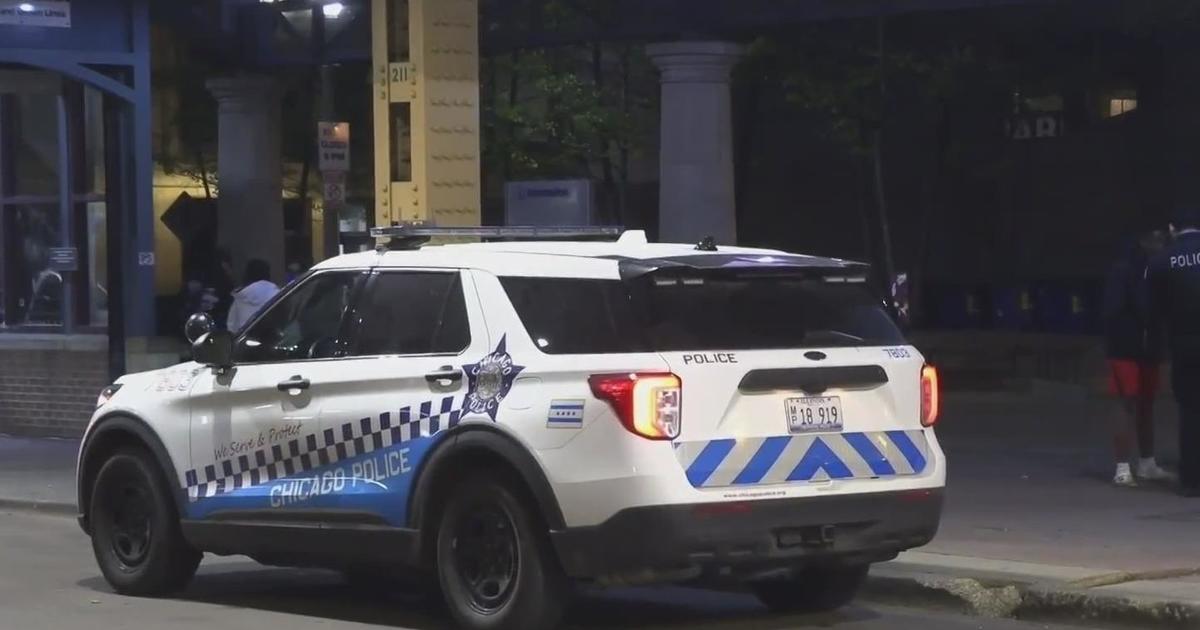2 Investigators: More Health Concerns About Energy Drinks
(CBS) -- His heart started racing after he drank a few energy drinks. He thought he was having a heart attack. Other incidents have been reported to the FDA. Are energy drinks dangerous for some people?
CBS 2's Dave Savini investigates.
Forty-one-year-old Pete Zalewski nearly died this summer.
To keep up with his fast-paced life, he had started consuming energy drinks.
He'd drink a can and run a few miles every morning before work and a few more cans through the day.
"I just felt they gave me a little extra pickup," Zalewski tells CBS 2's Dave Savini.
Then one day he thought he was having a heart attack and almost blacked out. He learned his heart was beating nearly 200 beats per minute.
FDA records show 107 reports of adverse reactions nationwide in the last two and a half years, including 44 reported heart problems and nine deaths, but most go unreported.
Some energy drinks are highly caffeinated. One can of Rockstar has 240 mg of caffeine. Drink two of them, and you are well over the recommended 400 mg for an entire day. One can of BANG has 300 mg.
"What we've said to the Food and Drug Administration is, give us some standards on this to live by, if this is really pumping high volumes of caffeine that could threaten a person's health, or their life, they should know it," says U.S. Sen. Dick Durbin.
Durbin also wants more restrictions on marketing.
"We don't want kids to have their health endangered or to lose their lives over these high energy drinks," he says.
He wants FDA to investigate how all the other chemicals mixed in with caffeine react.
Loyola cardiologist Dr. Peter Santucci says children and people with heart problems are at greatest risk and better labeling is a must.
"I think there's very limited information about that, and that's a concern," he says.
Says Zalewski: "I feel a lot of people don't realize how bad these are for you."
Durbin and two other senators have written the FDA asking for standards, warnings and studies into their impact on kids.
The American Beverage Association, which represents 90 percent of energy drink makers, says the "safety of energy drinks has been established by scientific research as well as regulatory agencies around the globe."



